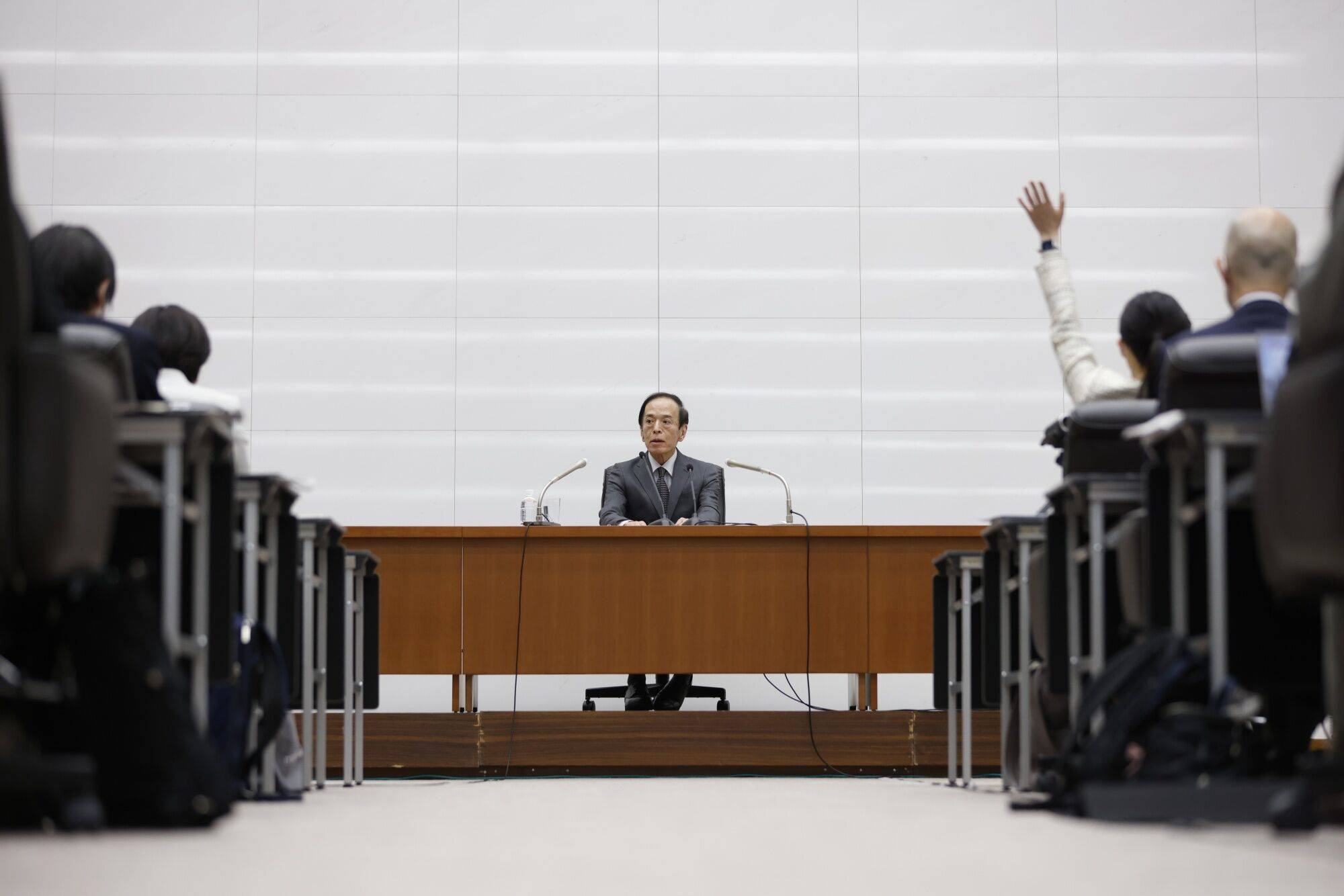For an incoming central bank boss, Kazuo Ueda confronts a challenge rare in modern Japanese economics: Acknowledge climbing inflation warrants a break from business as usual without scaring people that an increase in interest rates is imminent.
This will require more than the usual needle-threading beloved of policymakers the world over.
The first draft of Ueda’s response came Friday when the new Bank of Japan chief began distancing himself from some of the easing preferences of his predecessor. In Ueda’s first meeting as governor, officials dropped pandemic-era guidance that the main interest rate — already negative — could go lower still. And he initiated a review of much of the BOJ’s actions since the late 1990s, when the bank’s independence was in its infancy. This means that Japan and the world should get a decent heads up on any significant departure from the status quo.

















With your current subscription plan you can comment on stories. However, before writing your first comment, please create a display name in the Profile section of your subscriber account page.